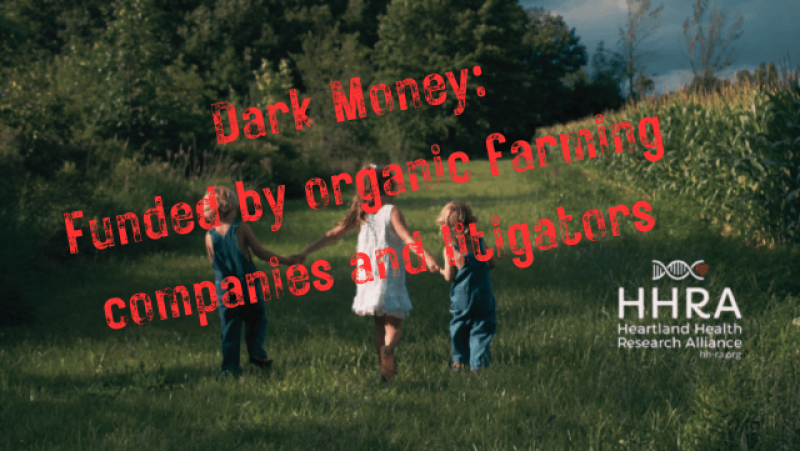Multiple science communicators and scientists have composed a letter to various universities and government organizations that have been linked to the Heartland Health Research Alliance. HHRA is a front that delivers studies-on-order on the dangers of chemicals for clients, including large organic companies tied to litigator groups and individual stort lawyers who provide much of the funding for its “Heartland Study”. Most of the money is hidden from scrutiny by pass-throughs from donor funds, traditionally money as ‘dark money’ funding. Here is one of many reports that Genetic Literacy Project has done on the Heartland Study.
TO: Boston College, George Mason University, George Washington University, Gunderson Health Systems, Indiana University College of Medicine, Kings College London, Simon Fraiser University, University of Iowa Health, The Centre de Toxicologie du Québec, Minister of Health and Social Services, and U.S. Centers for Disease Control
We are writing to express concern regarding recent reports regarding public representations of your institution’s “partnership” role participating in human subject matter research and related projects coordinated and funded by the Heartland Health Research Alliance.[1] According to several reports, the so-called Heartland Study is a front group financed by class action litigators and organic food industry marketing interests who plan to profit from their activities.
The Heartland Study has listed your organization as a formal partner in this scheme for both fundraising and public relations purposes to enhance their credibility. The Heartland Study founder and executive director Charles Benbrook has a well-documented history of offering “pay to play” research with pre-determined outcomes for his consulting clients in the organic food marketing and mass tort litigation industries. In fact, he was terminated from his most recent academic appointment after failing to disclose conflicts of interest and funding sources for his work.
Follow the latest news and policy debates on sustainable agriculture, biomedicine, and other ‘disruptive’ innovations. Subscribe to our newsletter.
Follow the latest news and policy debates on sustainable agriculture, biomedicine, and other ‘disruptive’ innovations. Subscribe to our newsletter.































